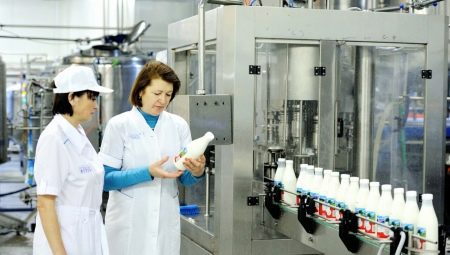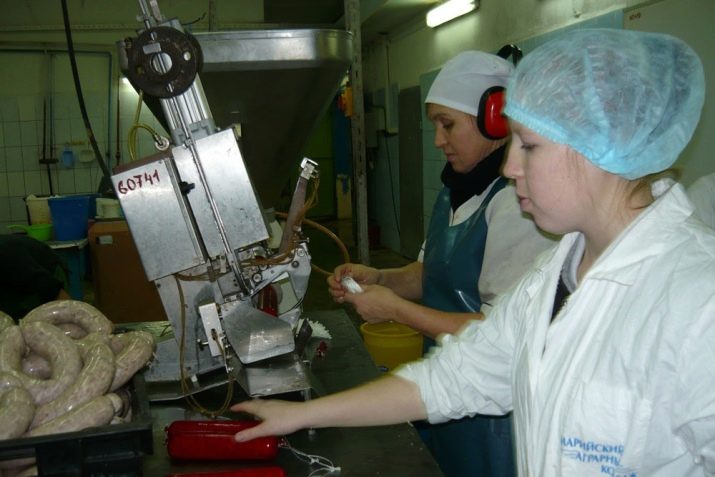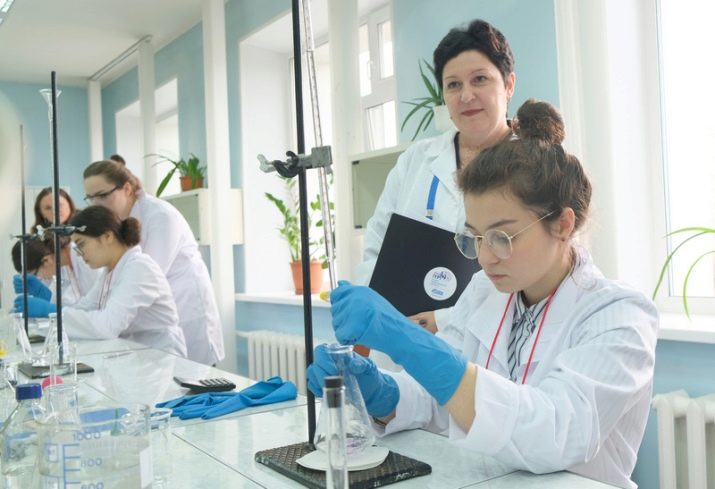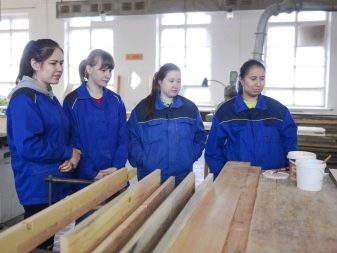Who is a Technological Technician and what does he do?

Every young man in his life is faced with a rather difficult choice - the definition of his future profession. Today, in our material, we will tell you in detail about who a technician-technologist is and what this specialist does in the course of performing his professional duties.
Peculiarities
A technician-technician is a specialist who at an enterprise is responsible for the implementation and development of various technological processes that are directly related to the production of goods.
The need for this profession arose in the XX century, which was associated with the development of technology. At the moment when complex and complex machines began to be used in production, and not only primitive tools, there was a need for specialists who are well versed in the intricacies and details of various technological and production processes. Thus, technicians became those employees who were responsible for the production of the most identical products.

Today, the most important function of a production technician is identification of various defects and defects in the product. A specialist must prevent their occurrence or eliminate them in a timely manner. In this regard, the person holding the relevant position should have a fairly broad outlook, as well as a large amount of specialized theoretical knowledge and practical skills.
A specialist can be involved in a wide variety of areas of human activity, however most often, a technician-technologist can be found at public catering establishments.
It is important to note that a specialist can actively move up the career ladder and take the position of a senior technician-technologist.

If you are thinking about connecting your life with this profession, then you need to carefully analyze all the advantages and disadvantages of the profession. This is the only way you can make the most objective and balanced decision.
The advantages of the profession include.
- A large number of open vacancies... A technician-technician is a highly qualified specialist who will never be left without work, since the profession is relevant and in demand in the modern labor market.
- High income... The higher your qualifications, as well as the more work experience, the higher the material remuneration for your work you will receive.
- The opportunity for career growth and self-realization. The profession will require constant development and self-improvement from you.
Among the minuses, they are usually distinguished.
- High level of responsibility. The final quality of the product that the end consumer will receive depends on the technician-technologist.
- Stress... Due to the fact that a great responsibility falls on the shoulders of a specialist, he is constantly under stress.
As you can see, the profession is not ideal, as it has some disadvantages. You need to carefully read them so as not to regret your professional choice in the future.

Responsibilities
Before submitting a formal job offer to the applicant, the employer must familiarize the candidate with the job description. Besides, the future technician-technologist must carefully study the professional standard and internal documents of the organization, which regulate the work of a specialist. These documents describe in detail what a professional does on a daily basis and what tasks are assigned to him.
It should be borne in mind that the list of responsibilities is not closed. Depending on the specifics of the work of the enterprise, as well as on the wishes of the employer, the list of work tasks can be changed and supplemented. Therefore, you must adapt quickly to changing working conditions. In addition, there is an increased need to familiarize yourself with the above documents, since you need to make sure that you are capable of performing all the functions prescribed to you at the highest level.

The standard duties of a technician-technologist include:
- compliance with the rules and standards of industrial safety;
- development of production processes for all elements of the finished product;
- exercising control functions;
- compliance with the standards prescribed in the regulatory documents and legislative acts;
- drawing up instructions, technological maps and other manuals;
- maintaining reporting and accounting documentation;
- researching;
- application of advanced international experience in their work;
- clarification of the causes of defects;
- elimination of marriage (if necessary).
Remember that if you do it incorrectly or if you refuse to fulfill your direct official duties, you may be held liable. This responsibility can be of different levels - from disciplinary to criminal.

Knowledge and skills
Since the technician-technologist - this is a specialist who performs very important and responsible work, he must possess a large number of specialized professional skills and knowledge. First of all, these include:
- understanding the technical side of the production equipment;
- state and international standards for the production of products;
- existing types of defects, causes of their occurrence and methods of elimination;
- fundamentals of labor organization;
- safety rules;
- ability to manage document flow;
- knowledge of the assortment of manufactured goods.
It should be borne in mind that if you want to move up the career ladder, improve yourself and remain a relevant specialist in the modern labor market, then you should not be limited to the listed competencies. The more theoretical knowledge and practical skills you have, the more in-demand specialist you will be.

In addition, one should take into account the fact that when searching for a candidate for the position of a technician-technologist, the employer puts forward requirements regarding not only professional, but also personal characteristics. This is due to the fact that a person must be both a qualified specialist and an effective team member.
The most important personal characteristics of a technician-technologist include:
- a responsibility;
- systematic approach to work;
- attentiveness;
- the ability to make decisions on their own;
- stress resistance and emotional stability;
- organizational skills;
- leadership skills;
- logical thinking;
- Analytical mind.

Education
If you want to get the position of a technician-technologist, then you need to undergo professional training and acquire the appropriate qualifications. Depending on the specific enterprise for which you want to find a job, as well as on the requirements of the employer, you may need a diploma of higher or secondary vocational education.
The specialty can be obtained in a variety of areas of training: for example, a printing technologist, a technologist in the field of oil and gas processing, a technologist for the processing of aquatic biological resources, and the like. It all depends on your personal interests and wishes.

Whenever possible, give preference to well-known and prestigious educational institutions that are respected by the professional community. Before going to university or college, be sure to visit the admissions office and find out all the details regarding admission, as well as the training process.
Depending on the educational institution you choose, as well as the program and direction of training, the process of obtaining an education can last from 3 to 6 years (and longer).
At the same time, you should not stop at obtaining basic education - if possible, be sure to attend various advanced training courses, conferences, trainings and master classes in order to stay abreast of all the latest trends in your professional field.

Where does it work?
Technicians-technologists are specialists who are involved in various spheres of human life. Professionals work in enterprises:
- oil and gas industry;
- Food Industry;
- welding production;
- woodworking;
- sewing production;
- mechanical engineering;
- biochemical industry;
- printing industry;
- printed products.


At the same time, the level of a specialist's salary depends on a large number of factors:
- specializations (the highest salaries are received by those technicians who work in the oil and gas processing industry);
- education and work experience;
- region of residence;
- a specific place of work (most often, specialists who are involved in the private sector receive more than those employees who work at state-owned enterprises).
Thus, we can conclude that a technician-technologist is a very difficult and interesting profession. If you choose the area of human life that arouses your interest, you will be able to show your creativity and creativity.

However, be prepared for the fact that you will have to constantly improve yourself and raise your intellectual level in order to remain relevant and in demand as a specialist.







